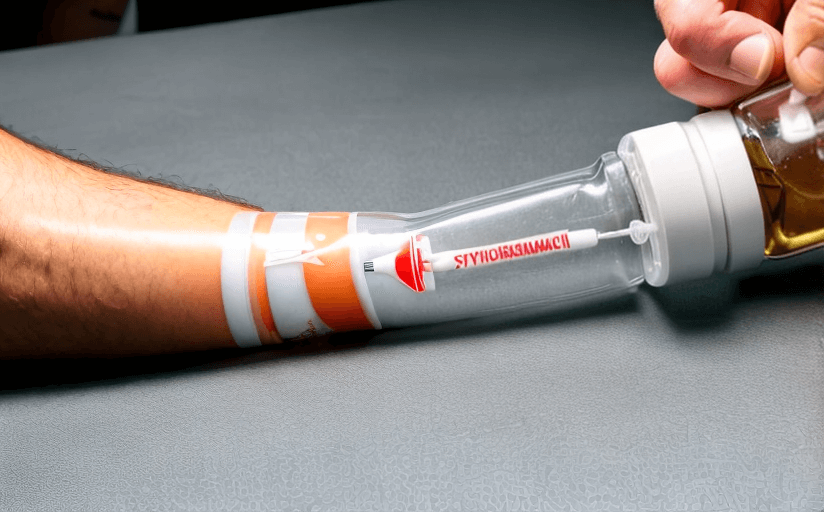The Implications of Performance-Enhancing Drugs in Professional Sports
Performance-enhancing drugs, or PEDs, have become a major concern in professional sports in recent years. These drugs are used by athletes to gain an advantage over their competition, but they come with many ethical implications, as well as potential risks to the athletes’ health. In this article, we’ll discuss the issues surrounding performance-enhancing drugs and how governing bodies have responded to the issue, as well as examine potential solutions for curbing their use.
Ethical Implications of Performance-Enhancing Drugs
The use of performance-enhancing drugs in professional sports raises serious ethical questions. By taking drugs to gain an advantage over their competition, athletes are essentially cheating and undermining the fairness of the sport. This can create an uneven playing field, where some athletes have an unfair advantage over others. Furthermore, athletes who use drugs put their health at risk as there is no way to know the long-term effects of these drugs.
Impact on the Competitive Landscape
The use of performance-enhancing drugs has had a major impact on the competitive landscape of professional sports. Athletes who use PEDs have a greater chance of winning, which can lead to an imbalance in the standings. Additionally, the use of PEDs can create a culture of doping, where athletes feel pressured to use drugs in order to keep up with their competition.
Governing Bodies’ Response
In response to the growing concern over PEDs, governing bodies in professional sports have taken a number of steps to combat their use. These include increased testing, harsher punishments for those caught using drugs, and better education about the potential risks of using drugs. Additionally, some sports have implemented rules that limit the use of certain drugs, such as the World Anti-Doping Agency’s ban on certain types of anabolic steroids.
Potential Solutions
To further reduce the use of performance-enhancing drugs, there are a number of potential solutions. One idea is to introduce more stringent testing protocols that are designed to detect the use of PEDs. Additionally, athletes should be provided with better education about the potential risks of using drugs, as well as support and resources for those who are struggling with addiction or other issues related to drug use. Finally, there should be stricter penalties for those caught using drugs, such as suspensions and loss of prize money.
Conclusion
The use of performance-enhancing drugs has become a major concern in professional sports, as it raises ethical issues, impacts the competitive landscape, and puts athletes’ health at risk. In response, governing bodies have implemented a number of measures to combat the use of PEDs. To further reduce the use of these drugs, there are a number of potential solutions, including increased testing, better education, and stricter penalties for those caught using drugs.



















Comments
Leave a Comment